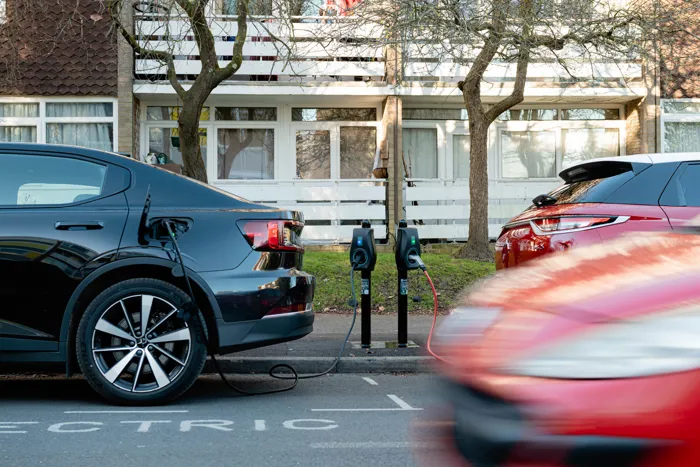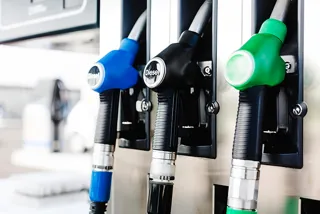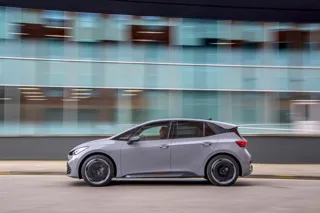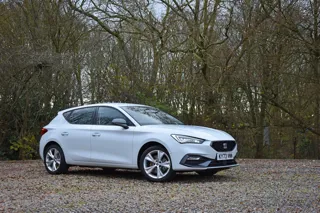Smart charging on public network to cut costs for EV drivers
Electric vehicle drivers will get access to cheaper electricity when using public charge points thanks to a nationwide rollout of smart charging.
Charging & infrastructure
18 Apr
Features and analysis

Mercedes-Benz Vans targets ‘natural growth’ and ‘long-term partnerships’
Mercedes-Benz Vans UK sales dipped last year but head of fleet Calum James is bullish about 2024 with the launch of more electric models.
Electric Fleet
Events
Car, van and truck reviews
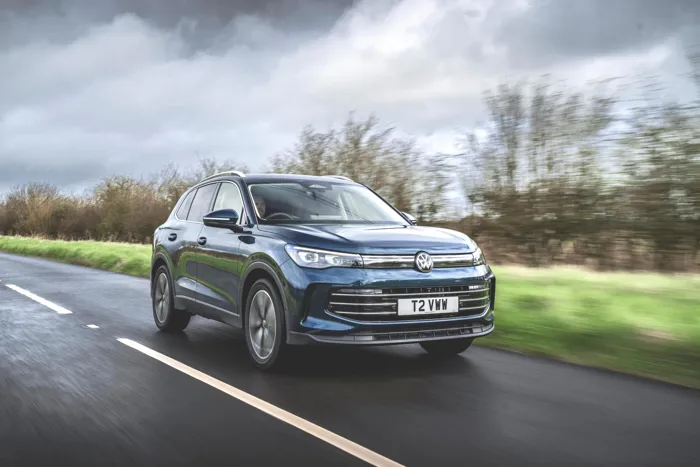
Volkswagen Tiguan first drive | Straight to the top of its class
Volkswagen has delivered an excellent all-rounder with the new third-generation Tiguan.
car reviews
16 Apr



